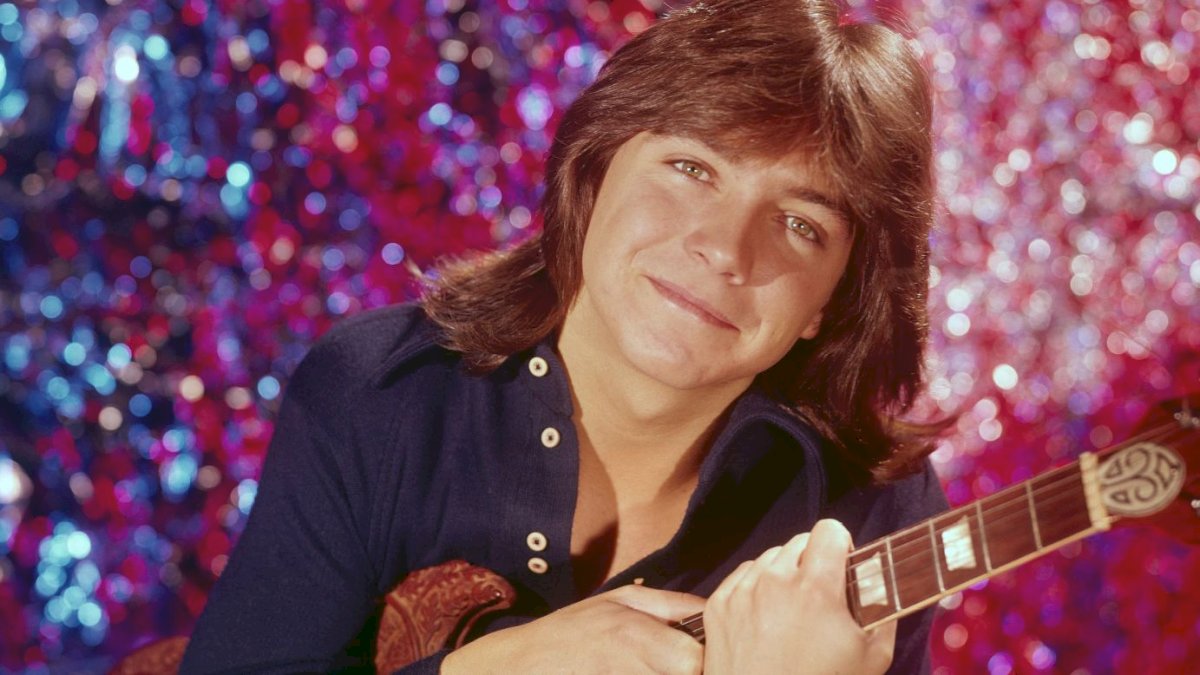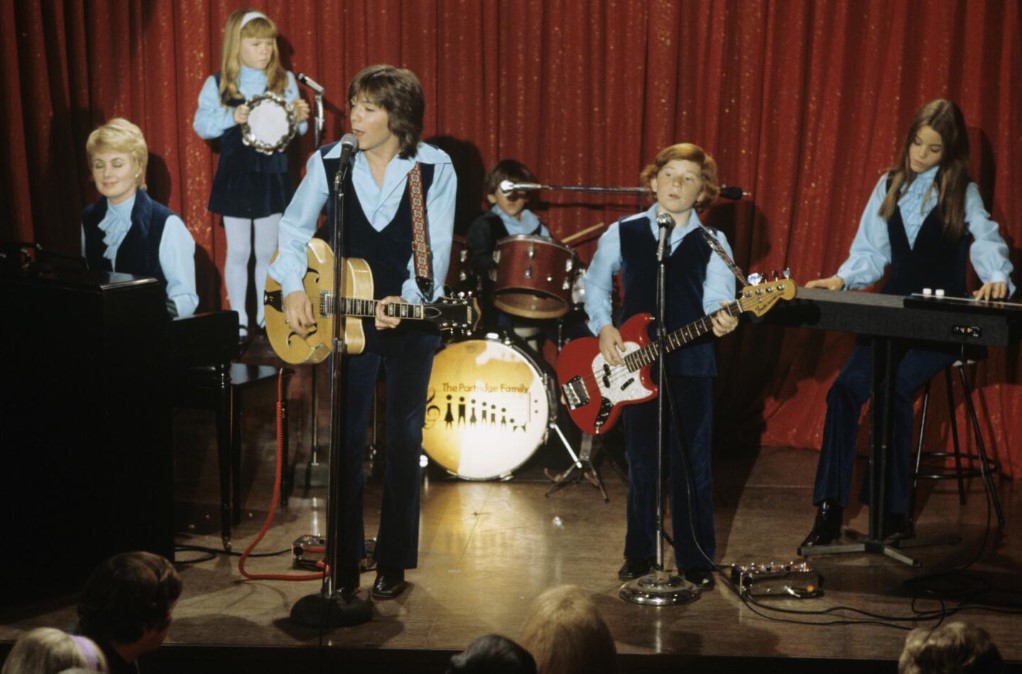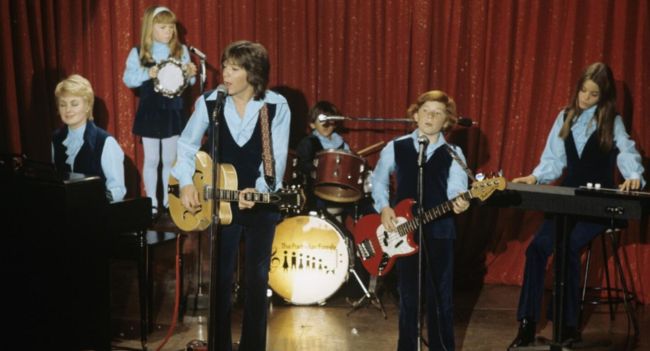
David Cassidy, the charismatic frontman of The Partridge Family, left an indelible mark on the music industry and the hearts of fans around the world. Following his untimely death at the age of 67, we take a reflective journey through the best tracks that showcase the musical prowess of this teen idol. From his chart-topping success with The Partridge Family to his solo career, Cassidy’s legacy is not only one of heartthrob appeal but also of a versatile and talented musician.

“I Think I Love You” (The Partridge Family, 1970)
A list of David Cassidy’s best tracks would be incomplete without mentioning the iconic “I Think I Love You.” This song not only catapulted The Partridge Family to stardom but also became a defining anthem of the 1970s. Cassidy’s earnest vocals, coupled with the catchy melody, turned this track into a timeless classic. As the lead singer of the family band in the television series, Cassidy’s performance in “I Think I Love You” remains a quintessential moment in pop culture history.
“I Woke Up in Love This Morning” (The Partridge Family, 1971)
This track, also from The Partridge Family era, showcases Cassidy’s ability to infuse emotion into his performances. “I Woke Up in Love This Morning” is a perfect blend of Cassidy’s soulful vocals and the band’s signature pop-rock sound. The song’s narrative of love and longing resonated with audiences, further solidifying Cassidy’s status as a heartthrob with substance.
“Cherish” (The Partridge Family, 1972)
“Cherish” is a beautiful ballad that highlights Cassidy’s vocal range. This track demonstrated his ability to convey a depth of emotion, moving beyond the upbeat pop sound that characterized many of The Partridge Family’s hits. “Cherish” remains a testament to Cassidy’s versatility as an artist and his capacity to connect with listeners on a more profound level.
“Could It Be Forever” (Cherish, 1972)
Transitioning into his solo career, David Cassidy’s “Could It Be Forever” marked a significant departure from the teen idol persona. This introspective ballad, with its haunting melody and reflective lyrics, showcased Cassidy’s growth as an artist. The song became a chart-topping success and underscored his ability to navigate different musical genres.
“How Can I Be Sure” (Rock Me Baby, 1972)
Originally a hit for The Young Rascals, Cassidy put his own spin on “How Can I Be Sure” during his solo career. This rendition showcased his maturity as an artist, capturing the essence of the original while adding his distinctive touch. The track exemplifies Cassidy’s transition from teen idol to a more nuanced and seasoned performer.
“Daydreamer” (Dreams Are Nuthin’ More Than Wishes, 1973)
“Daydreamer” is a gem from Cassidy’s solo album “Dreams Are Nuthin’ More Than Wishes.” The song blends pop and rock elements, and Cassidy’s vocals convey a sense of longing and introspection. It’s a track that often flies under the radar but stands out as a testament to his continued growth as a musician.
“If I Didn’t Care” (Cassidy Live!, 1974)
Recorded live during one of his concerts, “If I Didn’t Care” showcases Cassidy’s ability to captivate audiences with a soulful performance. The song, originally by The Ink Spots, takes on new life with Cassidy’s interpretation, highlighting his connection with classic tunes and his capacity to make them his own.
“I Write the Songs” (The Higher They Climb, 1975)
Cassidy’s rendition of “I Write the Songs,” originally written by Bruce Johnston of The Beach Boys, is a standout track from his album “The Higher They Climb.” The song became one of Cassidy’s signature performances, displaying his vocal prowess and interpretation skills.
“Get It Up for Love” (Home Is Where the Heart Is, 1976)
“Get It Up for Love” is a funk-infused track from Cassidy’s album “Home Is Where the Heart Is.” This song demonstrates his willingness to experiment with different genres, showcasing his versatility beyond the pop-rock sound that initially defined his career.
“Ricky’s Tune” (Romance, 1985)
As Cassidy’s career evolved, so did his musical exploration. “Ricky’s Tune” from his album “Romance” is an instrumental track that allows listeners to appreciate Cassidy’s skills as a guitarist and composer. It’s a departure from his earlier works, showcasing his commitment to artistic growth.
David Cassidy’s musical journey is a testament to his enduring impact on the world of entertainment. From the infectious pop tunes of The Partridge Family to the more introspective and mature tracks of his solo career, Cassidy’s discography is a rich tapestry that reflects his evolution as an artist. As we remember him, it’s not just as a teen idol but as a talented musician who left an indelible mark on the soundtrack of a generation. The best tracks from David Cassidy continue to resonate, allowing new audiences to discover and appreciate the timeless allure of this iconic artist.
